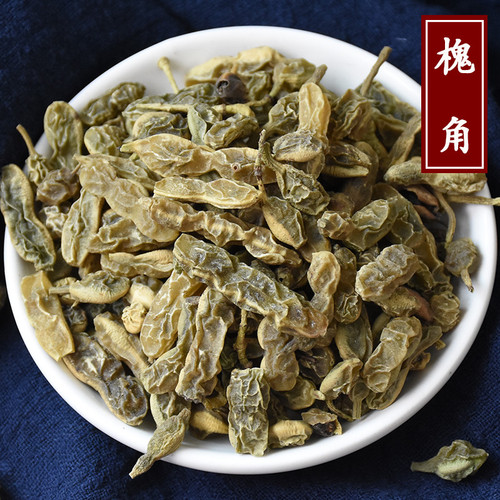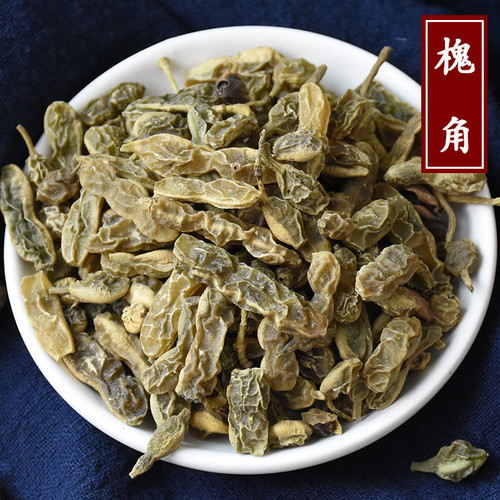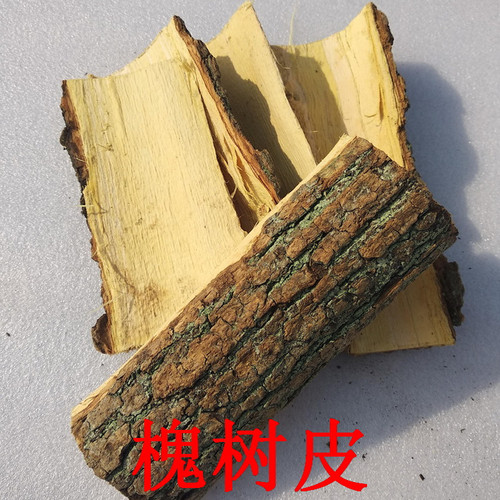Product Overview
Parts used: Dried fungus
TCM category: Tonic herbs for Qi Deficiency
TCM nature: Neutral
TCM taste(s): Sweet
Meridian affinity: Heart Kidney Liver Lung
Scientific name: Ganoderma lucidum
Use of lingzhi mushroom (Ling Zhi) in TCM
Please note that you should never self-prescribe TCM ingredients. A TCM ingredient is almost never eaten on its own but as part of a formula containing several ingredients that act together. Please consult a professional TCM practitionner, they will be best able to guide you.
Preparation: Collect the fungus and dry it.
Dosage: 5 - 15 grams
Main actions according to TCM*: Tonifies the Qi and calms the spirits. Suppresses coughing.
Primary conditions or symptoms for which lingzhi mushroom may be prescribed by TCM doctors*: Dizziness Insomnia Palpitations Dyspnea Asthma Dry cough
Common TCM formulas in which lingzhi mushroom are used*:
For asthma, cough combine lingzhi mushroom with codonopsis roots (Dang Shen), schisandra berries (Wu Wei Zi), prepared aconite (Zhi Fu Zi) and crow-dipper rhizomes (Ban Xia).
For obstructions with chest pain combine lingzhi mushroom with long-stamen onion bulbs (Xie Bai).
Key TCM concepts behind lingzhi mushroom (Ling Zhi)'s properties
In Traditional Chinese Medicine (TCM), lingzhi mushroom are plants that belong to the 'Tonic herbs for Qi Deficiency' category. Tonic herbs are used for patterns of Deficiency, when one lacks one of the 'Four Treasures' (Qi, Blood, Yin and Yang). Qi tonics are typically sweet and they tend to enter the Spleen and Lungs because these organs are most involved with the production of Qi.
Furthermore lingzhi mushroom are plants that are Neutral in nature. This means that lingzhi mushroom typically don't affect the balance in your body. Balance between Yin and Yang is a key health concept in TCM. Eating too many "Hot" (Yang) ingredients can lead to an imbalance whereby one has a Yang excess. The inverse is true as well: too many "Cold" (Yin) ingredients can lead to a Yin excess. The Neutral nature of lingzhi mushroom means that you don't have to worry about that!
Lingzhi mushroom also taste Sweet. The so-called "five elements" theory in Chinese Medicine states that the taste of TCM ingredients is a key determinant of their action in the body. Sweet ingredients like lingzhi mushroom tend to slow down acute reactions and detoxify the body. They also have a tonic effect because they replenish Qi and Blood.
The tastes of ingredients in TCM also determine what organs and meridians they target. As such lingzhi mushroom are thought to target the Heart, the Kidney, the Liver and the Lung. In addition to regulating blood flow, in TCM the Heart is believed to be the store of the "spirit" which basically refers to someone's vitality. The Kidneys do not only regulate the urinary system but also play a key role in the reproductive system and the growth and aging process of the body. The Liver is often referred as the body's "general" because it is in charge of regulating the movements of Qi and body fluids. It also takes a leading role in balancing our emotions. In addition to performing respiration, the Lungs are thought to be a key part of the production chain for Qi and the body fluids that nourish the body.









